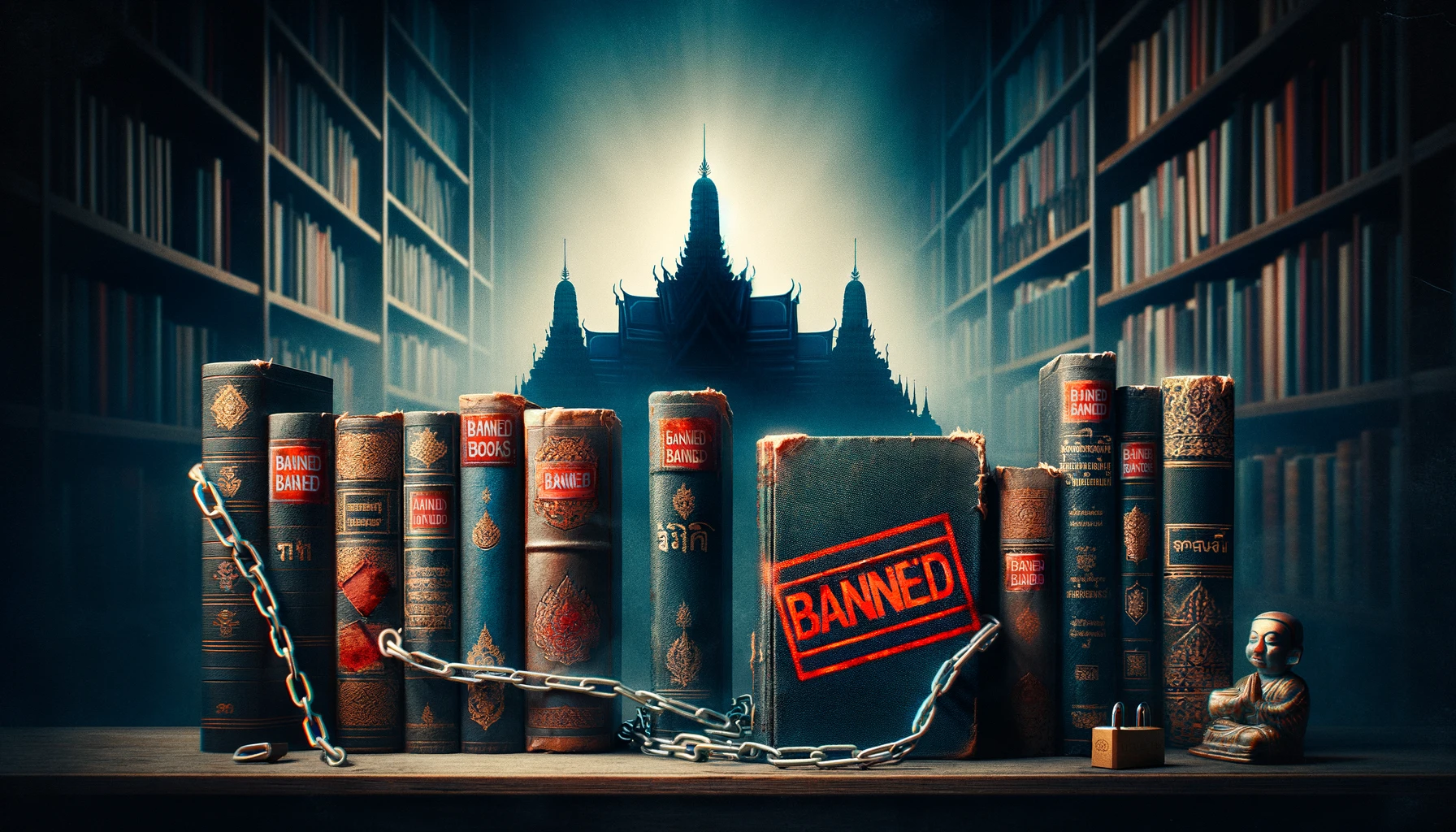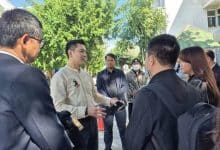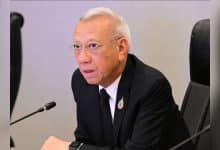Why are some books banned in Thailand?

Despite being the tourist favourite for all the positives, including magnificent beaches, diverse culture, and delicious cuisine, Thailand has been reported for imposing unnecessary censorship even in today’s era of freedom and digitalism. Thais can not decide which books they can read freely because of the influence of religious sensibilities and traditional notions of respect for the monarchy.
Here are the reasons certain books are restricted and on the banned list in Thailand.
Reasons behind Book Bans in Thailand
Book bans in Thailand often stem from concerns about protecting:
- The Monarchy: The lese-majesty statute, which protects the monarch, queen, heir apparent, and regent, is an important aspect. Any text considered offensive to the monarchy may result in harsh sanctions, including book bans. For example, recently, Thai Police prohibited the circulation of an upcoming book that scrutinises the nation’s monarchy.
- National Security: Books promoting violence, separatism, or content deemed a threat to national security can be banned.
- Public Morality: Publications considered vulgar, promote gambling or drug use, or potentially negatively impact public morals may face a ban.
- Religion: Thailand is Buddhist. So, literature critical of Buddhism or religious leaders may be prohibited.
Whatever the reasons, there must be open access to information, especially for section “Education”.
Examples of Banned Books in Thailand
Several prominent works of literature have faced bans in Thailand throughout history. Here are a few notable cases:
| Title | Author | Year Published | Reason for Ban | Brief Description |
| The King Never Smiles | Paul M. Handley | 2006 | Lèse-Majesté | A biography of King Bhumibol Adulyadej that allegedly contained critical portrayals. |
| 1984 | George Orwell | 1949 | National Security | A dystopian novel is seen as promoting ideas that could disrupt public order. |
| Hamett | John Le Carré | 1988 | National Security | A spy thriller with themes of communist espionage deemed a threat to national security. |
| Uncle Remus Stories | Joel Chandler Harris | 1880 | Moral Concerns | Collection of folktales considered racist due to stereotypical portrayals of Black characters. |
| Dok Mai Dao ( ดอกไม้ดาว ) | Pracha Promyou | 1978 | Moral Concerns | A novel with explicit sexual content is deemed inappropriate, especially for younger readers. |

The Evolving Landscape of Censorship
Traditional censorship is now challenged, and previously banned books are free, as we are in a digital era. The internet has made everything accessible to everyone.
The Thai government is now controlling the internet and implementing measures to control online content. The censorship in Thailand has also divided the Thai people, and the landscape of censorship is constantly evolving. Some people argue that book bans are against free speech and intellectual approach. Others believe they are inevitable for national security and protection.
According to a report by Freedom House, Thailand scores only “partly free” when it comes to internet freedom, with restrictions on content deemed sensitive.
The Impact of Book Bans
Book bans can affect education and society:
- Access to Knowledge: By banning books, Thai students are missing out on diverse perspectives and important information.
- Critical Thinking: Disallowing readers to build their ideology can hinder critical thinking skills and the ability to deal with complex issues.
- Creative Expression: Censorship can create a climate of fear and discourage creative expression and open dialogue.
The issue of book bans in Thailand is complex. The reasons behind these bans might be understandable, but this way Thais are not considered free.
The concerns about national security, public morality, and religious sensitivities should be monitored keenly before imposing bans. Ideally, authorities should find a balance between protecting values and ensuring freedom of expression.
Latest Thailand News
Follow The Thaiger on Google News:


























